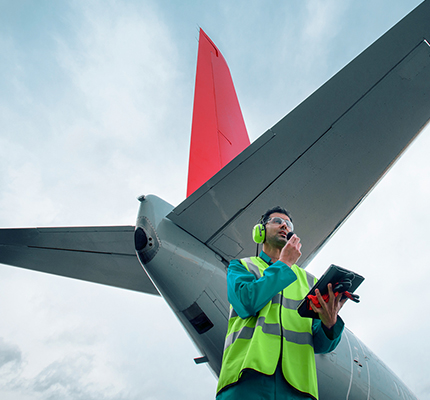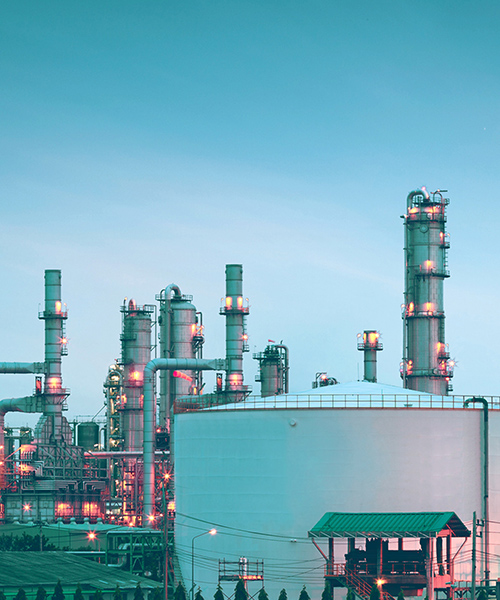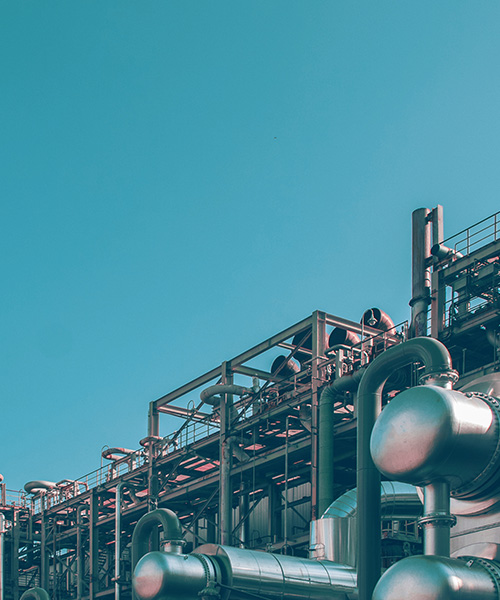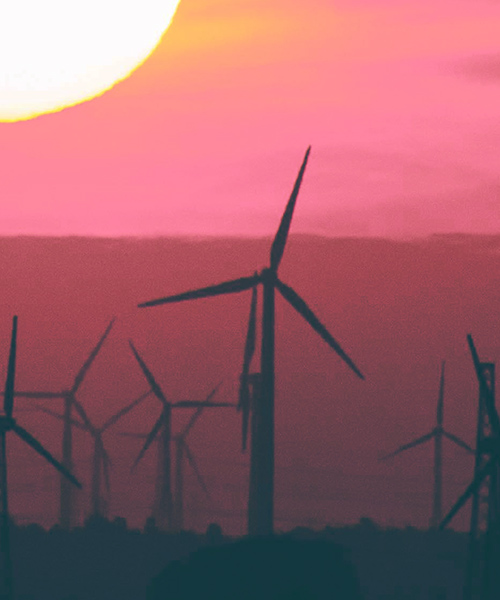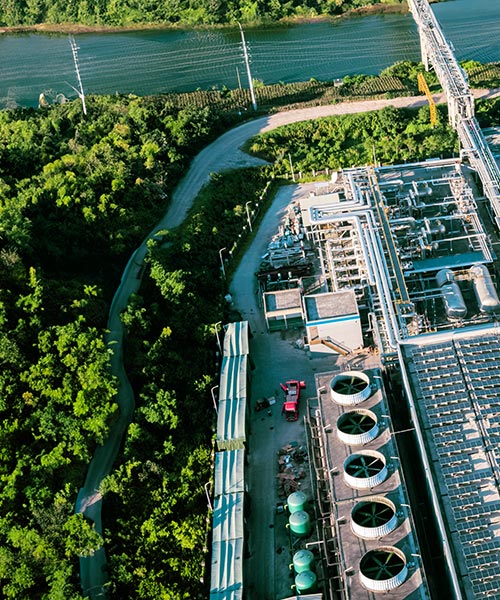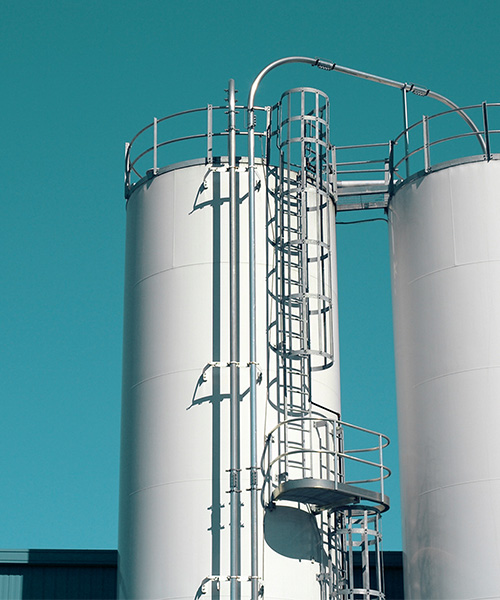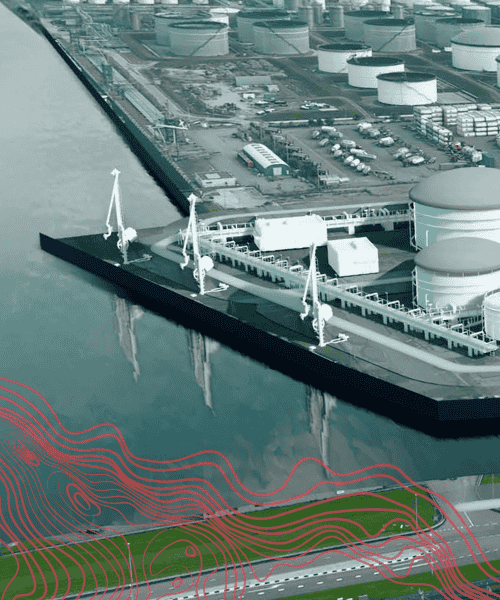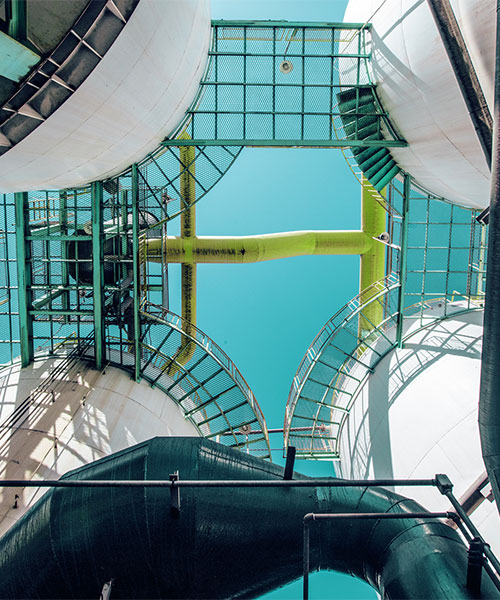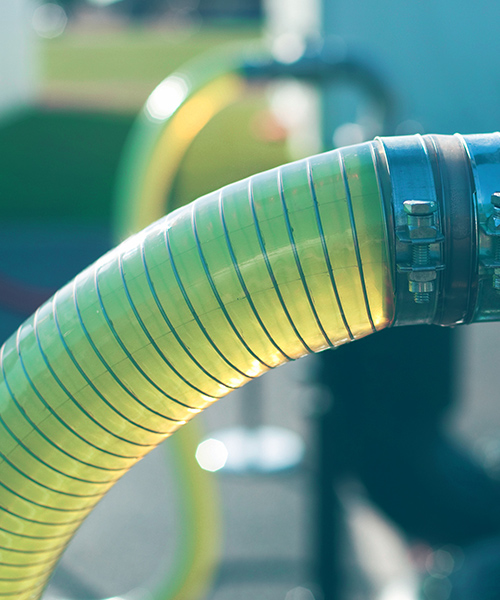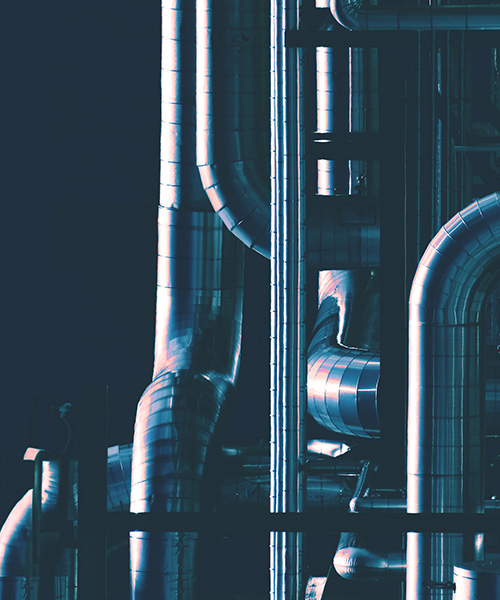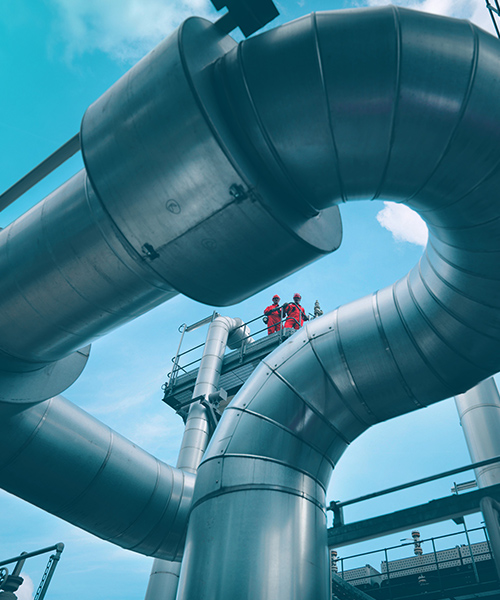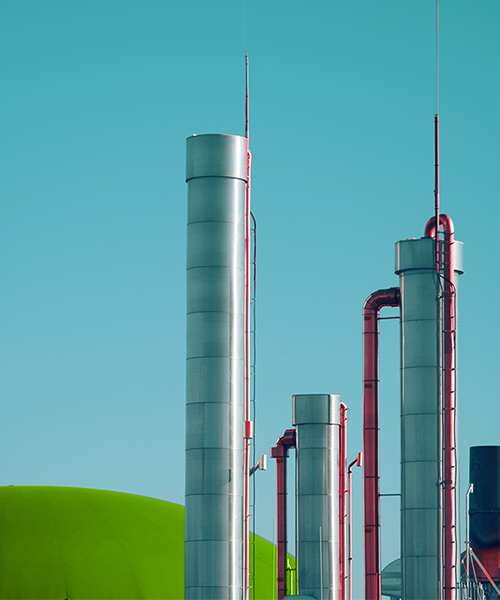Low carbon
fuels
fuels
Integrated and replicable pathways to produce low carbon fuels
Together with our consulting business, we bring our experience as first-of-a-kind project delivery specialists to deliver low carbon fuels to the market for our customers. This includes advanced biofuels like renewable diesel and sustainable aviation fuel (SAF) and synthetic fuels like e‑methanol.
Consulting
Our consultants provide early front-end solutions to help our customers make the right capital project and investment decisions. This includes business case preparation and financial modelling, concept and feasibility studies, energy strategy and asset operational excellence.
We address investor, regulatory, environmental, safety and operational project opportunities and risks, including those relating to social license to operate, feedstock sustainability and collaborating across business lines at the start of projects.
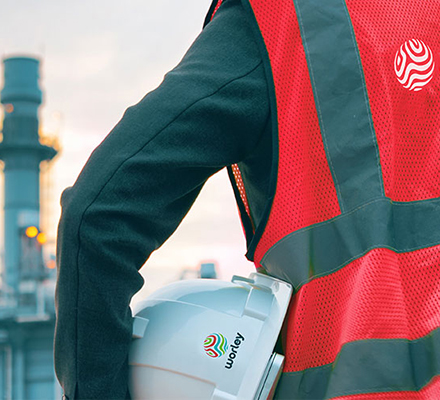
Delivery
We’re an integrated sustainability partner providing everything from project planning, engineering and design, supply chain management through to construction, operations, maintenance and end-of-life. Our modular, fabrication capabilities help deliver projects more quickly, safely and efficiently on site. And our design one, build many philosophy helps us replicate and standardize projects that result in cost reduction and efficiency gains.
We also integrate digital enablement solutions, drive asset efficiencies and address the pace and scale required to make sustainable transformation a reality.
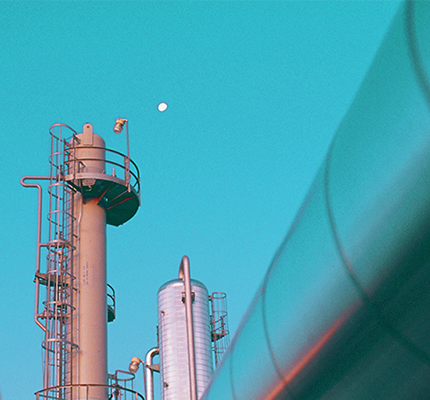
Statistic Cards
low carbon fuel projects completed
years of cross-sector experience
low carbon hydrogen projects delivered
Speak to an expert today
We’re working with Phillips 66 to help convert a diesel hydrotreating unit in California. It will enable the production of 800 million gallons of low carbon fuels per year from used cooking oil, fats, greases and soybean oil. The refinery will soon be converted into a low carbon fuels facility and no longer process crude oil.
The first phase of the project was completed in April 2021. Phillips 66 converted one of its diesel hydrotreating units, enabling the production of 120 million gallons of low carbon fuels per year. In the second phase of the project, the refinery will be converted into a low carbon fuels facility and no longer process crude oil. When complete, this will be one of the world’s largest facilities of its kind.
We completed the pre-FEED and FEED packages. The second phase of the project is expected to start production in early 2024.
Anellotech has developed a technology which produces aromatics or fuels from pine wood residue. Using our industry-accepted refinery and petrochemical models, our consultants carried out an in-depth review of their greenhouse gas emissions in the production of aromatics.
We found that carbon emissions for producing paraxylene and benzene from pulpwood using Anellotech’s process are estimated to be 70-80 percent lower than emissions from identical chemicals made from crude oils.
We delivered pre-feasibility and feasibility study services to Velocys for what will be Europe’s first waste-to-jet-fuel plant in England.
The facility will turn municipal solid waste into lower carbon fuels for both the aviation and vehicle industry. When the plant is operating it will receive around 500,000 tonnes of waste every year that was destined for landfills or incineration and create sustainable fuel.
The challenges of bringing low carbon fuels to market
Low carbon fuels producers require reliable and sustainable feedstock supply at scale. Understanding the availability, cost, alternative competition for feedstocks and legislative drivers are key to making the right choice for your facility.
Legislation for social and operational licenses are changing. And low carbon fuels operators need to ensure their assets are fit for purpose and meet regulations.
Demand for low carbon fuels is continuing to grow and for new projects to meet that demand, operators need to move at pace and deploy on large scale.
Rising inflation, energy security and geopolitical instability continue to create a level of uncertainty around project commitments and financial investments.
E-fuels, feedstocks and logistics will either require retrofitting brownfield assets or starting greenfield projects from scratch. Greenfield projects require significant investment and time. And brownfield projects can temporarily disrupt the operation of traditional fuel production facilities.
With ambitious global net zero targets to meet, low carbon fuels producers need to build realistic roadmaps to achieve shared decarbonization goals.
How to scale up renewable methanol production
To cut CO2 emissions by 1.5 gigatons annually by 2050, the methanol industry needs to adopt low carbon options like e-methanol. Partnering American ethanol producers with e-methanol production could address challenges in infrastructure and cost, leveraging existing ethanol infrastructure and biogenic CO2 emissions. Topsoe and Worley’s Success to Synergies white paper explores this collaboration, highlighting trends, costs, and potential benefits like tax incentives.
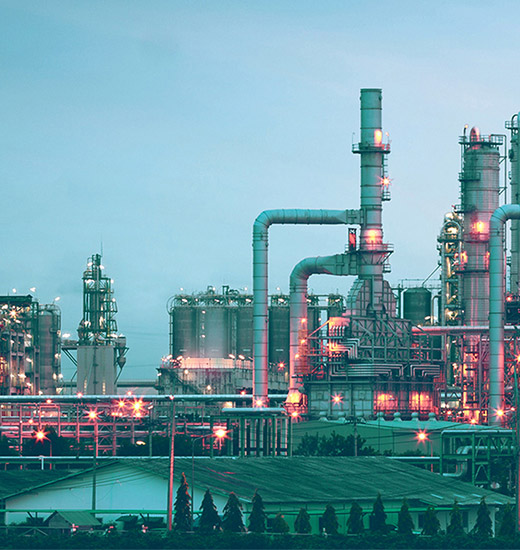
Setting realisitic expectations to power our future industries
Decarbonization is not a one-size-fits-all solution. Energy-intensive processes in industries depend on heat, feedstocks for chemical reactions, and energy to drive mechanical equipment.
Electrification alone cannot decarbonize every energy intensive process, so it’s critical to create low carbon fuel solutions these industries need to expand their production in a more sustainable way.
Fortunately, many low carbon solutions already exist, including electrofuels produced through a process called power-to-X.


